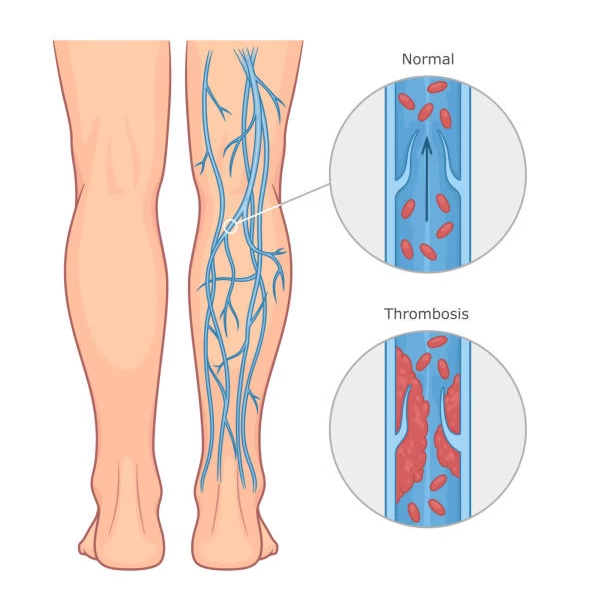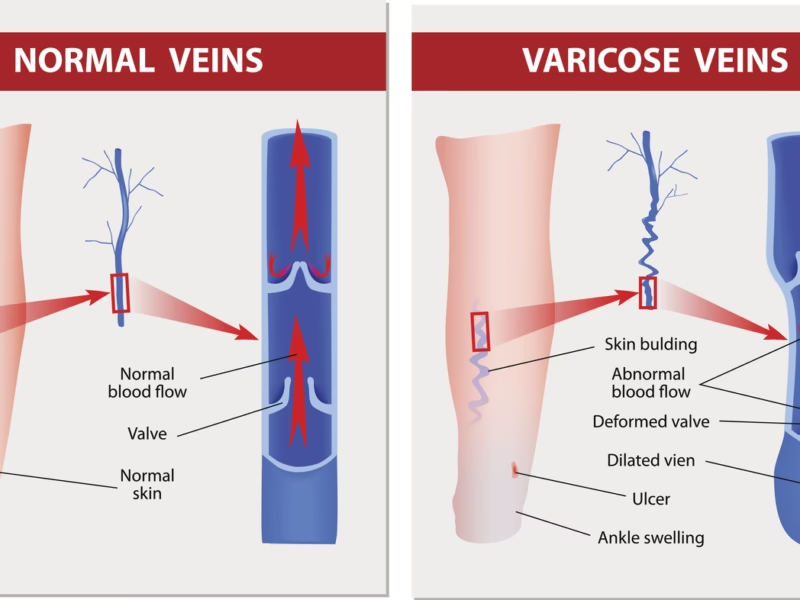Pregnancy can make you more aware of every health decision you make, especially when it comes to infections like Hepatitis A. If you’re pregnant and worried about hep A, you’re not alone — and understanding this liver infection is the first step to protecting yourself and your baby.
In this post, we’ll walk you through the causes of hepatitis A, its symptoms, how it spreads, hepatitis A treatment, and how to stay safe during pregnancy.
What is Hepatitis A?
Hepatitis A is a highly contagious liver infection caused by the Hepatitis A virus (HAV). Unlike other forms of hepatitis, Hep A is usually acute, meaning it doesn’t lead to chronic liver disease. But during pregnancy, even temporary illnesses can have significant consequences.
Is Hepatitis A Contagious?
Yes. Hepatitis A spreads mainly through:
- Contaminated food or water
- Close contact with an infected person
- Poor sanitation and hygiene practices
Pregnant women traveling to areas with poor sanitation are at higher risk. Hep A outbreaks also occur in areas with limited access to clean water or where food hygiene is compromised.
Causes of Hepatitis A in Pregnancy
Hep A in pregnancy is caused the same way it is in the general population — by ingesting the virus through contaminated sources. But pregnancy lowers your immunity, which might make the effects of the virus feel more intense or last longer.
Common sources (etiology of hepatitis A):
- Raw shellfish
- Unwashed fruits or vegetables
- Food prepared by someone who is infected
- Inadequate handwashing after bathroom use
Symptoms of Acute Hep A
The signs of acute Hep A may take 2–7 weeks to show after exposure. Symptoms can include:
- Fatigue
- Nausea and vomiting
- Abdominal pain
- Dark urine
- Pale stool
- Jaundice (yellowing of eyes and skin)
In some cases, especially in children and young adults, symptoms may be mild or even absent.
How Does Hepatitis A Affect Pregnancy?
In most cases, hepatitis A does not lead to birth defects or miscarriage. However, in rare situations, the infection can lead to complications such as:
- Preterm labor
- Acute liver failure (extremely rare)
- Prolonged illness in the mother
The key is early diagnosis and proper management.
Hepatitis A Treatment During Pregnancy
There is no specific antiviral treatment for hepatitis A. Management is mostly supportive:
- Plenty of fluids
- Adequate nutrition
- Rest
In some cases, pregnant women exposed to the virus may be given immune globulin (IG) to reduce the severity or prevent infection if administered within 2 weeks of exposure.
Good news: Most people recover fully from Hep A within a few weeks to a few months.
Is Hep A Curable?
Yes. Hep A is curable in the sense that the body usually clears the virus on its own without long-term damage. It does not become chronic.
After recovery, you develop immunity for life.
Can You Get the Hepatitis A Vaccine During Pregnancy?
Yes — if you’re at high risk (such as traveling to certain countries), your doctor may recommend the Hep A vaccine.
While there’s limited research on vaccination in pregnancy, available studies show no increased risk of harm. It’s a killed virus vaccine, which makes it safer than live vaccines during pregnancy.
Some individuals may experience a mild fever (hep A vaccine fever) after getting the shot — this is temporary and not harmful.
How to Prevent Hepatitis A
- Wash hands with soap after using the bathroom and before meals
- Drink clean, filtered water
- Avoid raw or undercooked seafood
- Get vaccinated if recommended by your OB-GYN
- Avoid street food in high-risk countries
Final Thoughts
Hepatitis A and pregnancy can sound scary, but knowledge is power. With proper hygiene, safe eating habits, and vaccination when needed, the risk of serious complications is low.
If you’re pregnant and concerned about hep A, speak with your doctor about your exposure risk and whether immunization is right for you.
Protect yourself. Protect your baby. Stay informed.


